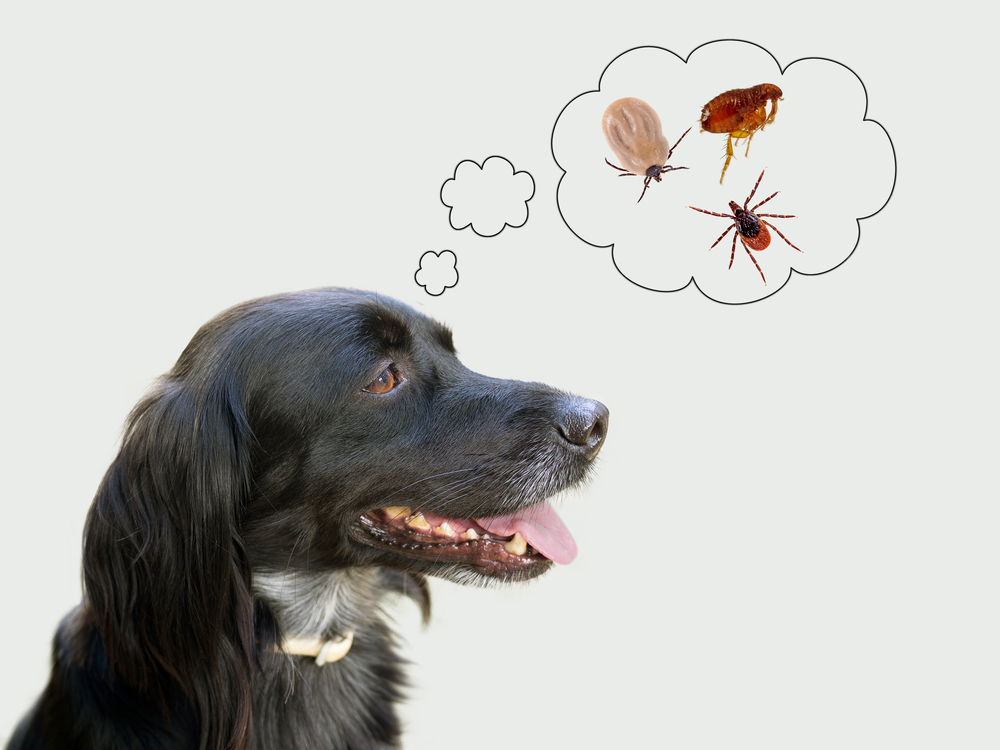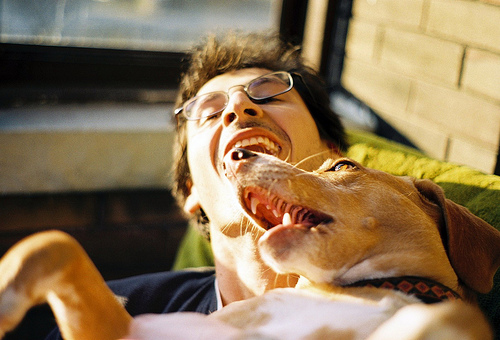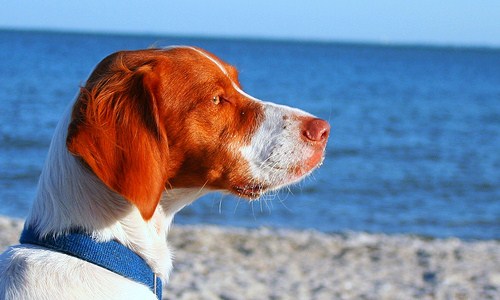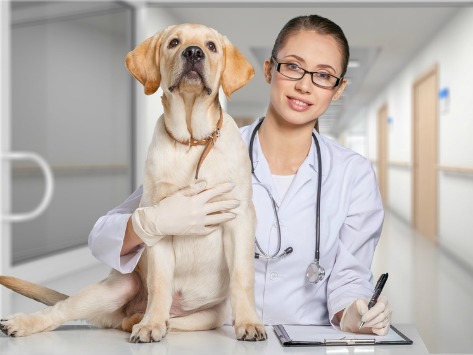

Puppies and kittens need certain nutrients to grow strong bones and muscles, to feed their developing brains, and to build their immune systems. There are a lot of foods on the market. Some foods are obviously made for specific life stages, and say so on the packaging, while other foods appear to cover all of life's stages of development. Keeping in mind that starting off well is important for long term health and long life, you will want to choose the food that is tailored to meet your pet's needs during this crucial stage, or you may have to pay for it in veterinary services, medications and special diets later in life.
Once you know what the nutritional requirements are for developing kittens and puppies, and what ingredients you need to look for, choosing the right food will be a snap.
Protein is essential for the healthy growth of muscle and tissue. Proteins supply essential amino acids, which are considered the building blocks of tissues, and some amino acids are more important that others. For example, an important amino acid for kittens (and cats) is taurine. Taurine is necessary for the normal performance of the heart, vision, and reproduction. Without it, cats will go blind and suffer from cardiac problems. This amino acid can only be found in meat sources and must be a part of a healthy daily diet.
Also important to consider is that cats are carnivores. They do not subsist on vegetables, so meat proteins should be the main component of a kitten's diet. If your cat does not receive the correct amount of meat proteins, his body will be deficient and will break down its own muscle.
Dogs, on the other hand, are omnivores, so their diets will be balanced out differently, with carbohydrates like rice, vegetables, and barley mixed in with the meat proteins in the food. Carbohydrates are an energy source for active puppies, giving them something to burn off as they go about the business of growing up strong.
Fats are an important component in the diet of young animals, helping to absorb important vitamins, such as vitamin A, D, E, and K, adding flavor to the food to increase enjoyment, and adding oils to the body to maintain healthy skin and hair coats. Fats are also an excellent source of energy.
Far from being bad for the health, fats and fatty acids are necessary for strong development in puppies and kittens. Kittens in particular must be fed a source of arachidonic fatty acids. These acids are essential for blood clotting and skin growth.
Both kittens and puppies need linoleic acid for a healthy inflammatory response, and in puppies, studies have shown that the fatty acid DHA is helpful for the normal development of brain function.
For the development of bones and teeth, vitamins and minerals such as calcium, phosphorus, and vitamin D are needed. The ratio and amount of these nutrients is especially important for the growth of large-breed puppies in order to maximize skeletal density and stability. Lack of vitamin and mineral balance in puppy-hood often will result in bone and joint problems later, especially for the large breeds. For kittens, there are special needs for vitamins A and B, along with thiamin and niacin.
Do your research and talk to an expert if necessary. Your veterinarian or animal nutritionist can help you to select a complete and balanced commercial diet that will meet your growing pet's needs depending on the breed and expected growth potential. This may mean that a large-breed dog will have different nutritional needs than a puppy that is going to grow only to a medium or small size.
In addition, unless your veterinarian has explicitly advised it, do not give your pet vitamin or mineral supplements while she is still in the growing phase of her development. Over-supplementation can be dangerous, possibly leading to improper skeletal development. A complete and balanced puppy or kitten food should provide every nutrient necessary, without the need for added supplements.
Good luck, and good growing!
Image source: sanjoyg / via Flickr
 10 Ways to Remove a Tick from Your Dog
By Jennifer Kvamme, DVM
It’s no fun having
10 Ways to Remove a Tick from Your Dog
By Jennifer Kvamme, DVM
It’s no fun having
 Oral Hygiene and Your Dog's Health
By T. J. Dunn, Jr., DVM
It’s
Oral Hygiene and Your Dog's Health
By T. J. Dunn, Jr., DVM
It’s
 Caring for Your Pet’s Skin During the Winter Season
By the time we reach adulthood, most of us have d
Caring for Your Pet’s Skin During the Winter Season
By the time we reach adulthood, most of us have d
 Pesky Summertime Pests
Plan now for a fun and healthy summer without fleas, tick
Pesky Summertime Pests
Plan now for a fun and healthy summer without fleas, tick
 Dog Health: What Tests Your Vet Should Run and When
By Caitlin Ultimo
If you’ve ever found yours
Dog Health: What Tests Your Vet Should Run and When
By Caitlin Ultimo
If you’ve ever found yours
Copyright © 2005-2016 Pet Information All Rights Reserved
Contact us: www162date@outlook.com